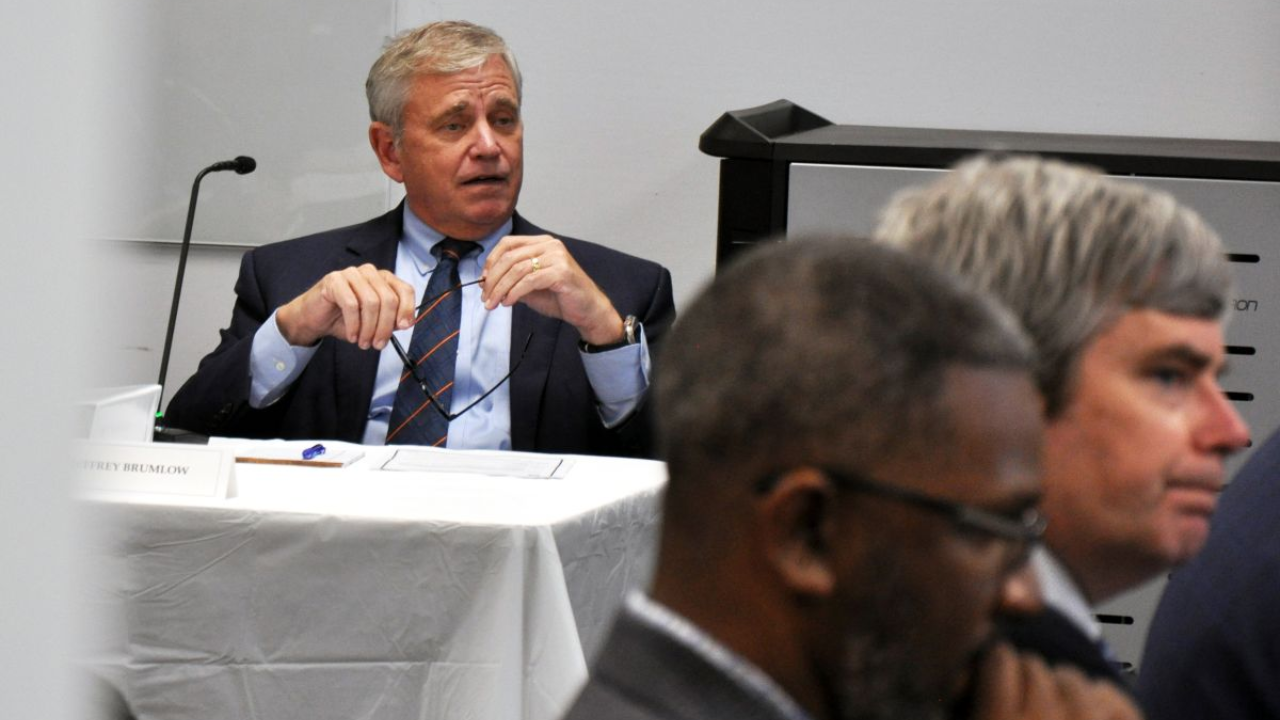The Birmingham Water Works Board has officially fired its legal counsel, following growing public criticism regarding the high cost of his contract.
The move came after weeks of pushback from residents and board members, raising questions about the transparency and fairness of the agreement.
The lawyer, whose firm was charging significantly more than what is typically paid for similar services, was initially hired without a competitive bidding process.
This raised eyebrows among community members and watchdog groups, who argued that the board should have been more fiscally responsible, especially when dealing with ratepayer money.
Critics pointed out that the legal fees were out of line with industry standards and that such a large contract should have been opened up for bids.
According to internal records and statements from board officials, the board had previously defended the contract as being necessary for complex legal issues. However, mounting pressure from the public made it difficult for the board to continue justifying the cost.
Several board members, including newly elected ones, started voicing concerns in recent weeks. They argued that the contract did not serve the best interests of the city’s water customers, especially in a time when utility costs are rising.
Some even called for an internal audit of all current legal and professional service contracts to ensure accountability going forward.
During a board meeting held last week, members voted to terminate the contract. The decision passed with a strong majority. In the same meeting, officials acknowledged that the backlash had eroded trust between the board and the public and committed to reviewing their procurement processes.
The move was praised by community leaders and activists who had been calling for more transparency in how the board allocates funds.
Many said the firing was a step in the right direction, but also urged the board to improve oversight and ensure such agreements undergo public scrutiny before approval.
The board’s chairperson issued a brief statement after the meeting, saying the decision was not personal but was made in the best interest of Birmingham residents.
She emphasized that the board would continue to evaluate all vendor contracts and work on rebuilding public trust.
The lawyer, who has represented the board for several years, has not issued a public comment on the termination. However, legal analysts say that this case reflects a broader national conversation about the need for local governments and utility boards to be more transparent with taxpayer and ratepayer funds.
This isn’t the first time the Birmingham Water Works Board has faced criticism. In the past, the board has been under scrutiny for high executive salaries and questionable spending practices.
The current situation has renewed calls for increased public oversight and possible changes to how board members are appointed and held accountable.
The board has promised to begin searching for new legal representation through a competitive bidding process. A request for proposals is expected to be released soon, with board members saying they hope to bring on a new legal team that balances both experience and fiscal responsibility.
Residents, meanwhile, say they’ll be watching closely. Several local advocacy groups have said they will attend upcoming meetings to ensure that promises for change are kept.
“This is about more than one lawyer,” one community member told local media. “This is about how our money is being spent and whether we can trust those in charge.”
The controversy has sparked broader discussions in the Birmingham area about public contracts, accountability, and the responsibilities of publicly funded boards. Legal experts say it serves as a reminder of how essential transparency is in maintaining the integrity of public institutions.
While the board now works on securing new legal services, its members also face the task of restoring public confidence. Many believe that how the board handles future contracts and engages with the public will determine whether trust can be rebuilt in the long term.






